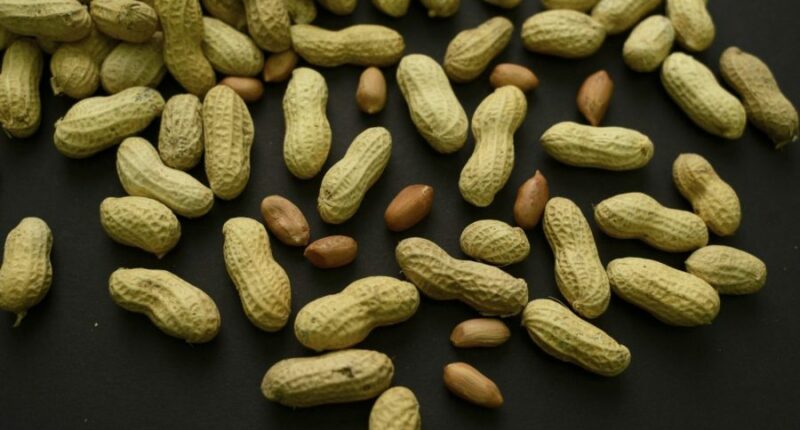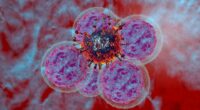Share this @internewscast.com

(NewsNation) — New research out of Northwestern University suggests there may be a way to prevent peanut allergies in children.
The National Institutes of Health reported that in 1997, nearly 0.5% of children worldwide had a peanut allergy. Since then, this figure has significantly increased, with approximately 2% of children now being affected.
Previously, parents were advised to keep peanuts away from babies. However, recent research suggests that introducing peanuts early could lower or even prevent the development of peanut allergies in later life. Although this guidance has been available for some time, doctors have not been consistently communicating it to parents.
Dr. Ruchi Gupta, a pediatrics and medicine professor at Northwestern University and senior author of the study, explained to NewsNation that the study simplifies the process for doctors and parents. By using straightforward digital reminders, it helps translate research findings into actionable steps in real life.
“Pediatricians face busy schedules during the four and six-month wellness checks, which makes adding extra tasks difficult,” Gupta noted. “We talked with them to understand their needs, and found that prompts within their EMR, along with resources for parents, were helpful.”
This training incorporates easy prompts in electronic medical records, handouts for parents, and reminders to introduce peanuts to children safely at an early age. Gupta believes that the synergy of education and reinforcement is crucial for progress.
Long-term, other doctors suggest that if these new tools are adopted and used widely across the country, there could be a significant generational shift in the prevalence of food allergies among children.
“Prevention is always a much more powerful tool than reaction,” Dr. Will Haas, an integrative medicine specialist, said. “If we can teach every pediatrician these simple tools, we could reshape the trajectory of food allergies and have tens of thousands of kids spend less time in the emergency departments.”
The next step in this research is seeing if this eventually translates into fewer allergies, and to track if the babies in the study have a peanut allergy or not by the time they turn two.











